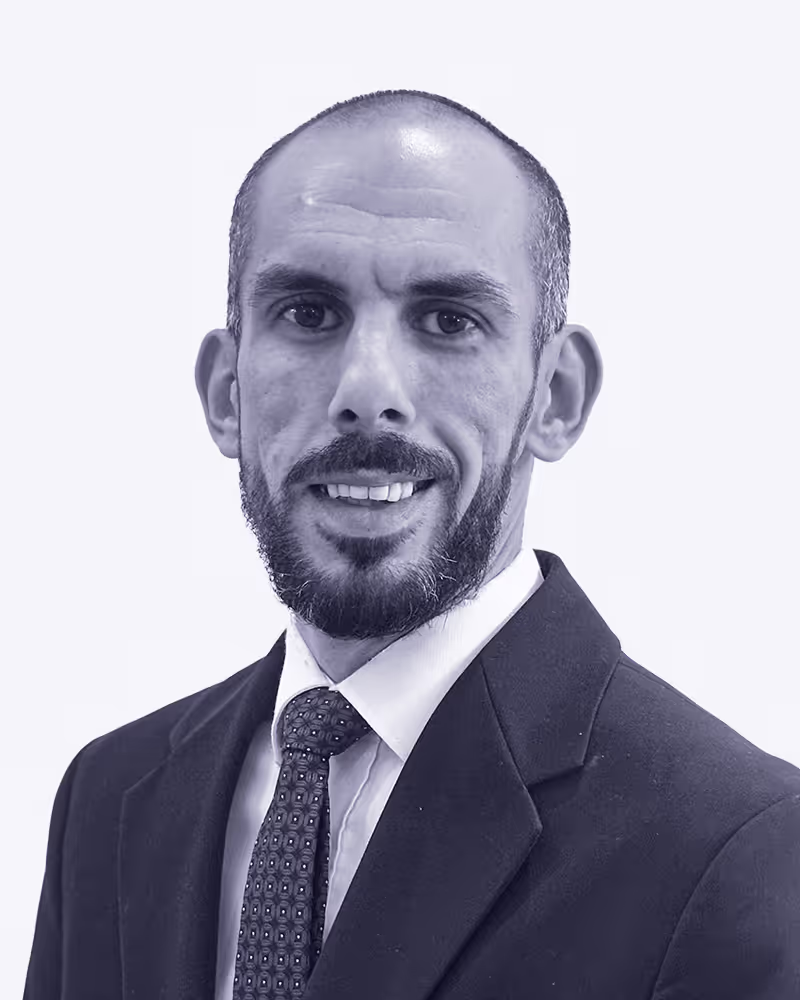Chief Future Officer
MIDDLE EAST
Discover Middle East's fastest-growing community of finance experts. Join us for candid discussions, exclusive events & tons of networking opportunities, where valuable insights await to empower your journey in the future of finance.
Finance Meet-ups:
Physical workshops, social networking gatherings, and live webinars focusing on core finance and accounting topics.
Online Community
An active community on Whatsapp and a dedicated space for exchanging strategies and job opportunities.
Educational Material
Expert interviews, comprehensive articles, and guides prepared to help finance leaders
The Job Vault
A curated job board connecting finance professionals with tailored job opportunities and resources for career growth.
Engage with top finance minds from Middle East's rapidly evolving companies














Events at Alaan
Join the discussions on everything fintech
Chats with Chief Future Officers
Top leaders in the Middle East discussing the future of finance




"The future of finance in the Middle East is being shaped by increased competition and innovation. In the upcoming years, there will be a rise in the number of banks and financial services competing for consumers' attention, leading to an overall improvement in the quality of services."

What excites you the most about your role as a COO?
What really excites me about my role is seeing how we can scale and automate things. Being involved in finance while also integrating technology—seeing how we can match up or even outdo what’s happening in the West—that’s fascinating to me.
How well do you think Finance has adopted AI compared to other business functions?
Honestly, finance hasn’t jumped into AI as much as other areas might have, especially here in the UAE. We're a bit behind because we don’t have things like open banking yet. It's not just about being cautious—it's also about not having the tools and systems in place that would make AI really useful for us yet.
What advice would you give to the future leaders in Finance?
I’d say the key thing is being resourceful. Don’t worry too much about specific qualifications—focus on being able to handle various tasks. You’ve got to be adaptable because the field is blending more with tech every day. It’s about more than just finance; it’s about managing a mix of different skills.
What do you think is going to be the future of finance in the Middle East in the next five to ten years?
Looking ahead, I see a lot of changes coming, especially with things like open banking on the horizon. We're going to see a lot of new players entering the market, which will shake things up and increase competition. This should really push the quality and variety of financial services. We’re also likely to see banks starting to innovate more or even creating new brands to stay competitive.
Bio
Raj Karwal is a multi-disciplinary leader with over 23 years of expertise in product management, architecture, and technology development. He currently serves as the COO at Strive, a UAE-based corporate service provider.
Specialising in web and mobile applications, UI/UX, and dev ops, Raj skillfully connects business strategies with solid technological solutions. He has a strong track record in sectors such as e-commerce, marketplaces, and social networking, leveraging advanced tech stacks like AWS, Azure, and React. At Strive, Raj leads initiatives to automate and scale financial operations, enhancing the company's service offerings for international clients entering the Middle Eastern market. His leadership extends to managing diverse software teams, and nurturing a culture of innovation and efficiency.




"I hate the term gatekeeper for CFOs. I think it's how they have been seen historically, and it's important for us to change our opinion of people as a function."

How do you manage the financial challenges of a fast-growing business such as Holo, particularly those related to cash flow, budgeting, and expense management?
It's been a remarkable year with our business growing each month. While this excites everyone in the company, it presents unique challenges for the finance function. The rapid growth means traditional annual or even quarterly budgets aren't practical for us at this stage.
Our primary challenge is maintaining financial flexibility. We need to constantly review and reassess our spending, identifying areas that are working well and where we need to increase investment. The speed of decision-making and execution is crucial for us in this environment. It also means we have to be highly adaptable and continuously evaluate our financial strategies to keep pace with our growth rate.
How do you see AI and digital transformation impacting the future of the finance industry?
I'm not overly bullish on AI in its current state, viewing it more as infrastructure with potential for the future. It can sometimes be overused as a buzzword in pitch decks. However, I see value in specific, targeted AI applications rather than broad-spectrum AI like ChatGPT.
AI is still in its infancy, and globally, we're figuring out its best uses. There's fear about job displacement, but AI will improve day-to-day work, allowing people to focus on more valuable tasks. I've seen this in auditing, where AI hasn't replaced jobs but has made work more enjoyable and allowed auditors to provide more value to clients.
I'm selective about which AI tools we use, but I'm always open to solutions that can save my team time. We use some AI-powered tools for tasks like OCR and spend management, which have proven effective.
Talking about tools, are there any tools you’ve currently implemented in the finance function that you are particularly happy with?
In our finance function, we've implemented several tools that I'm particularly pleased with. One standout is our utilisation of an OCR (Optical Character Recognition) tool for expense recognition, which has greatly improved our spending efficiency. Additionally, our internal development of an AI tool for automating portions of our mortgage application process has also significantly helped, allowing us to process applications more quickly and accurately.
Are there any podcasts and resources you learn from to stay updated?
There's a lot of good stuff out there. Personally, 'Zero to One' is a favourite for insights into startup journeys, while 'Couch Economics with Arjun’ offers a regional perspective on Middle East economics.
Bio
James Evans is an experienced financial leader with a background in consulting at PwC and strategic roles in high-growth startups such as Tarabut and Holo. He eccles at making finance plans that work well for different types of businesses. His primary focus is maximising gross margins and optimising working capital for businesses.
As a CFO, James prioritises collaboration over the traditional gatekeeper role. He likes using new tools to make boring jobs easier, so his team can do more important work. When hiring people, he looks for those with a good attitude and the ability to learn, especially in new companies that change quickly. He's excited about the future of fintech in the Middle East.
James holds a bachelor's and master’s degree in finance and an ACCA qualification.



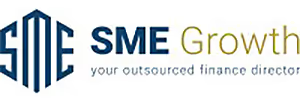
"I see a future for finance, heavily influenced by digitalization. Over the years, automation will become crucial, reducing the need for traditional data entry roles and shifting our focus towards scalable growth without exponentially increasing the workforce."

Where do you see the future of finance headed in the Middle East in the next 5 years?
I see the future of finance in the Middle East being dominated by AI and digitalization. As businesses grow, the focus will increasingly be on how we can leverage systems to handle more of the workload, rather than simply hiring more people. This will involve a significant shift towards automating as much of the finance function as possible, which I think will not only streamline operations but also make many traditional finance roles, particularly those centered around data entry, redundant. The goal is to redeploy human capital to more strategic, value-added activities.
Ever since AI has been introduced to the finance function, how do you think it has impacted finance professionals?
The introduction of AI into the finance function has definitely been a double-edged sword. On one hand, it's exciting because it allows us to automate mundane tasks and focus on more complex and value-adding activities. On the other hand, it has caused quite a bit of anxiety among finance professionals around the fear of job loss. In larger organizations, there's also some resistance from management who are hesitant to reduce or reallocate their teams. However, embracing AI and automation is crucial. It doesn't necessarily mean job losses but rather, enhancing our roles to make them more meaningful and impactful.
With AI and digital transformation being in the picture, what sort of challenges do you see the finance function facing in the Middle East?
One of the biggest challenges we face with the ongoing digitalization and integration of AI within finance is building trust in these new systems. Many finance professionals, including myself, are used to performing numerous checks and balances because we are skeptical of the data accuracy from automated processes. The key challenge will be ensuring that the outputs from AI and digital tools are reliable and trustworthy. Once we can establish that trust, I believe we'll see much broader acceptance and a smoother transition to these advanced systems.
Bio
James is a CIMA qualified senior finance professional with over 18 years of experience, specializing as a fractional CFO in the Middle East. His background includes significant roles in global MNC and entrepreneurial ventures, where he has excelled in driving financial performance and supporting strategic decision-making. His expertise in both established and developing markets makes him a pivotal asset to companies looking to innovate and adapt in rapidly changing economic landscapes.
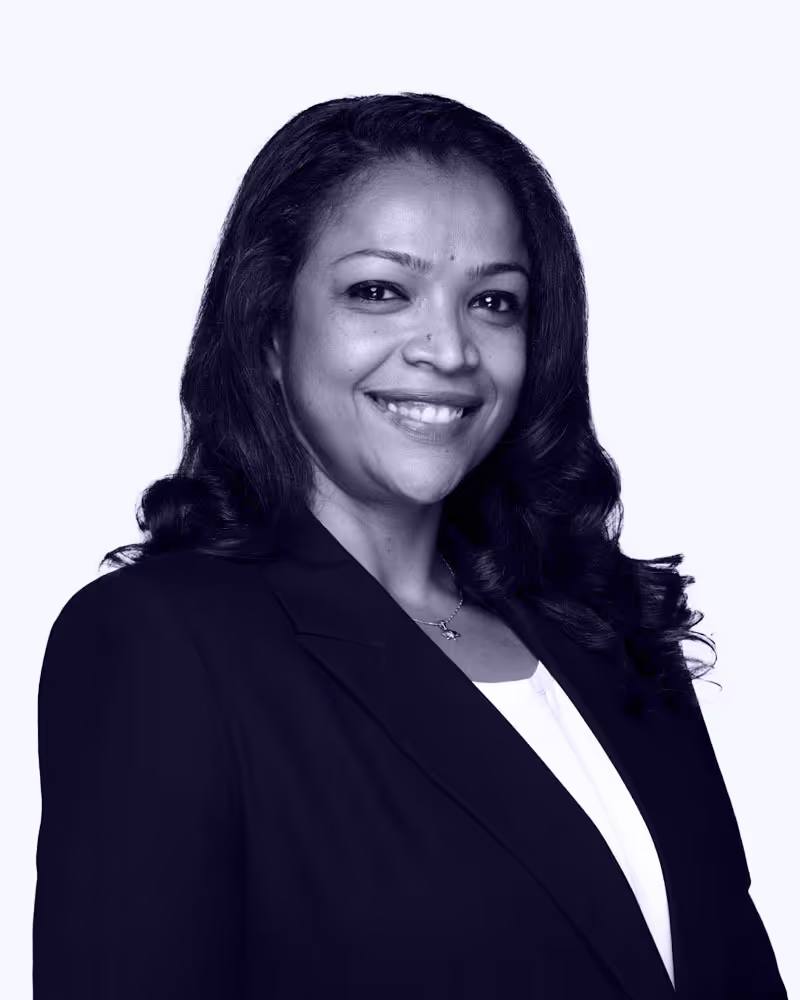



“Even though the systems we have today can analyse data and provide graphs, you still need someone to talk about it. The fact that we are still having this one-on-one interview is because human insight is essential."

As someone who has worked in so many sectors, how do you adjust your financial strategies when moving between different sectors? What’s the most surprising thing you’ve learned from each industry that you’ve been a part of?
I always say the financial strategy is like a potato. A potato will be the same. It's just that the ingredients you put in will change the taste of the potato.
When adjusting my financial strategies while moving sectors, I find that the core principles of finance remain consistent; however, the application of these principles varies based on the specific needs and dynamics of each industry. I view each sector as having unique 'ingredients' that influence how I approach financial management.
One of the most surprising things I’ve learned is how cultural and operational differences shape financial practices. For example, working in the education sector taught me the importance of adapting financial strategies to align with institutional goals and stakeholder expectations, while in consulting, I realised that providing tailored financial solutions is crucial for client satisfaction.
How do you think new technologies are shaping the future of finance? How do you see them affecting different roles in finance at the moment?
I see that technologies such as artificial intelligence and machine learning are playing a pivotal role in financial analysis and forecasting. These tools not only enhance precision in data interpretation but also enable us to derive actionable insights from large sets of data. This shift allows finance professionals to become more data-driven and proactive in their strategies.
However, it's important to note that while automation can handle analytical processes, the human element remains irreplaceable. Roles in finance are evolving; rather than merely crunching numbers, professionals are now required to interpret data and communicate insights effectively. This necessitates a skill set that combines technical proficiency with strong analytical thinking and communication skills.
In essence, the future of finance will require us to adapt to these technological advancements. We must continuously learn and upskill to remain relevant in our roles, as the emphasis will be on utilizing technology to enhance our decision-making capabilities while maintaining the essential human insight that drives successful financial management.
Is there a tech stack that you have in mind that you recommend to them or some tools that you recommend to them in finance?
When recommending a tech stack or finance tools, I always emphasise the importance of choosing solutions that align with the organization's specific needs. For small to medium-sized companies, I often recommend starting with versatile and user-friendly tools that can grow alongside their business.
- One tool I frequently advocate for is Excel. While it may seem basic, I believe it remains one of the most powerful tools for financial analysis and modelling. Its flexibility allows for customised reporting and in-depth financial forecasting.
- For accounting and ERP needs, I recommend cloud-based solutions like QuickBooks or Xero for smaller firms that require essential accounting capabilities without the complexity of larger systems. These tools provide straightforward interfaces and are cost-effective for startups and small businesses. As companies grow, I encourage them to consider more comprehensive ERP systems such as SAP or Microsoft Dynamics.
- Additionally, I highlight the value of integrating business intelligence tools like Power BI or Tableau for data visualisation and reporting. These platforms can transform raw financial data into accessible dashboards, enabling stakeholders to understand insights quickly and make data-driven decisions.
Ultimately, my recommendation is always to assess current needs, future growth, and scalability when choosing the right tech stack for finance.
What were some of the most exciting opportunities you saw when you were setting up the system for projects like District 2020? What about the challenges over there as well?
[District 2020 is an urban development project in the UAE, transforming the Expo 2020 Dubai site into a sustainable mixed-use community and innovation hub focused on collaboration and economic growth.]
Setting up the system for District 2020 was a thrilling experience for me, primarily because it was my first full-fledged finance role where I was really diving into everything from scratch. The opportunities were immense; it felt like being thrown into a pool and being told to learn to swim! I had the chance to write policies, create a business plan for District 2020, and establish processes that would shape the financial framework of the project.
One of the most exciting opportunities was the freedom to design the finance function in a way that would be most effective. I got to work on integrating digital transformation initiatives, exploring how we could automate processes and reduce redundancy.
However, the challenges were definitely significant as well. The biggest hurdle was essentially explaining that we were a new company with our own budget and goals, and we couldn’t rely on systems that might not align with our needs. So, while it was exciting to be at the forefront of building something new, navigating those challenges was quite a balancing act.
Bio
A distinguished financial professional with over 24 years of extensive experience, Deepa Varghese has made a significant impact across diverse industries within the Finance and Accounting sector. Her career encompasses profound expertise in financial operations, investment modelling, and finance structuring, developed through her roles in real estate development, media, education, banking, and manufacturing.
Renowned for her proficiency in complex accounting systems, Deepa leverages her comprehensive skill set and extensive industry knowledge to navigate challenging financial landscapes. Her recent role in legacy financial planning for Expo 2020 Dubai demonstrated her ability to oversee comprehensive finance functions, develop intricate real estate business models, and provide strategic investment advice to company leadership.
As a lifelong learner, Deepa holds a Doctorate in Strategic Management and is a Fellow Chartered Management Accountant (FCMA), Chartered Global Management Accountant (CGMA), and Certified Public Accountant (CPA) from Australia. Additionally, she earned a master’s degree in business management (MBA) and a Postgraduate Diploma in Financial Management (PGDFM), further solidifying her academic foundation in finance and leadership.




"Digitalisation will be critical for the future of finance. The role of accountants will change significantly as more tasks become automated, especially with tools like Robotic Process Automation (RPA). Finance professionals will need broader skills, including tech and business understanding."

What do you think is going to be the future of finance in the Middle East in the next 5 years?
The future of finance in the Middle East is heading towards significant digital transformation. We will see an increased reliance on AI, automation, and cloud technology. Finance professionals must evolve, developing broader business acumen and strategic skills, as the role of traditional accounting shifts.
How do you think AI can help accounting and finance professionals?
AI can significantly enhance the analysis of profit and loss (P&L) statements. By automating data collection and analysis, AI can provide deeper insights and more accurate forecasting. This allows finance professionals to identify trends, make informed decisions, and improve financial performance, thereby driving better business outcomes.
What advice would you give final-year finance students about to enter the job market?
Finance professionals must be confident in their ability to advance to finance manager roles. Remaining in purely accounting positions will become increasingly challenging as low-level and routine accounting tasks will be automated.
My advice is to develop a comprehensive, entrepreneurial perspective of the company, extending beyond finance. This includes understanding legal aspects, contracts, credit control, and project management. Adopting this 360-degree view will help them maintain a higher-level position and ensure their skills remain valuable in the market.
Bio
Giovanni Funes Nova is the CFO at Bahri & Mazroei Group in the UAE, with around 30 years of finance experience. Originally from Italy, he has held significant roles in the banking sector and multinational corporations like Permasteelisa Group.
Along with overseeing finance, Giovanni has an extensive general management exposure and a reputation for strong leadership. He is known for facilitating business expansion, directing M&A developments, driving major performance improvement and delivering substantial cost reductions.




"AI will definitely be the future of Finance, but the AI tools themselves right now need some improvements. It would be much better if the current market suppliers could work on the cost model to make it more welcoming or better for the majority of the companies to adopt."

Where do you see the future of finance headed in the Middle East in the next 5 years?
In the upcoming years, the future of finance in the Middle East is going to see notable progress, especially in fintech. For example, in China, people use one app for almost all payments and hardly carry cash. I see a similar trend emerging here. We're also likely to see more extensive adoption of technologies that streamline operations and improve financial transactions, although we'll need to carefully watch how policies and regulations develop to support these changes.
Ever since AI has been introduced to the finance function, how do you think it has impacted finance professionals?
The introduction of AI in finance has been great but also quite challenging. AI has forced finance professionals to adapt to new tools that automate and optimize tasks which were previously manual and time-consuming. This has allowed them to focus more on strategic decision-making rather than routine tasks. However, it also requires a continuous learning mindset to keep up with these advancements, which can be a major shift for many in the field.
What excites you the most about your role as a CFO?
The CFO role is not only about finance, though most people understand it as such. It involves a much wider picture. Finance and accounting are essential for evaluating the company’s performance, but the numbers should drive us to think about future strategies. What makes me excited is thinking about what we are doing for the future of our company, not just the current financial arrangements.
What is it like being the only female member in the finance team at Allsopp & Allsopp?
It’s quite a privilege. For instance, on Women's Day, my team, which is all male, surprised me with a bouquet of flowers, which is totally beyond what you’d expect. People often think accountants are just about numbers and not very emotional, but that gesture showed a lot of appreciation. Working in a male-dominated team is quite good because you often know what's the missing part in the team culture. My role extends beyond finance; I also try to coach the team to make us stronger and more cohesive.
Bio
Faline is the Chief Financial Officer at Allsopp and Allsopp Group, with a decade of experience in finance across the Middle East. An ACCA and CFA holder, she began her career in Dubai through the prestigious Dubai Business Associates program. Her diverse background spans multinational banks, Fortune 500 companies, and the aviation industry. Known for her analytical acumen and strong communication skills, Faline excels in high-pressure environments and is passionate about using technology to drive business growth.
Guides to fast track your finance
Well-researched guides to help finance leaders in the UAE
Join the Community
Shape the future of finance. Engage with top leaders in the finance industry and become a part of the Chief Future Officer Community.









.avif)


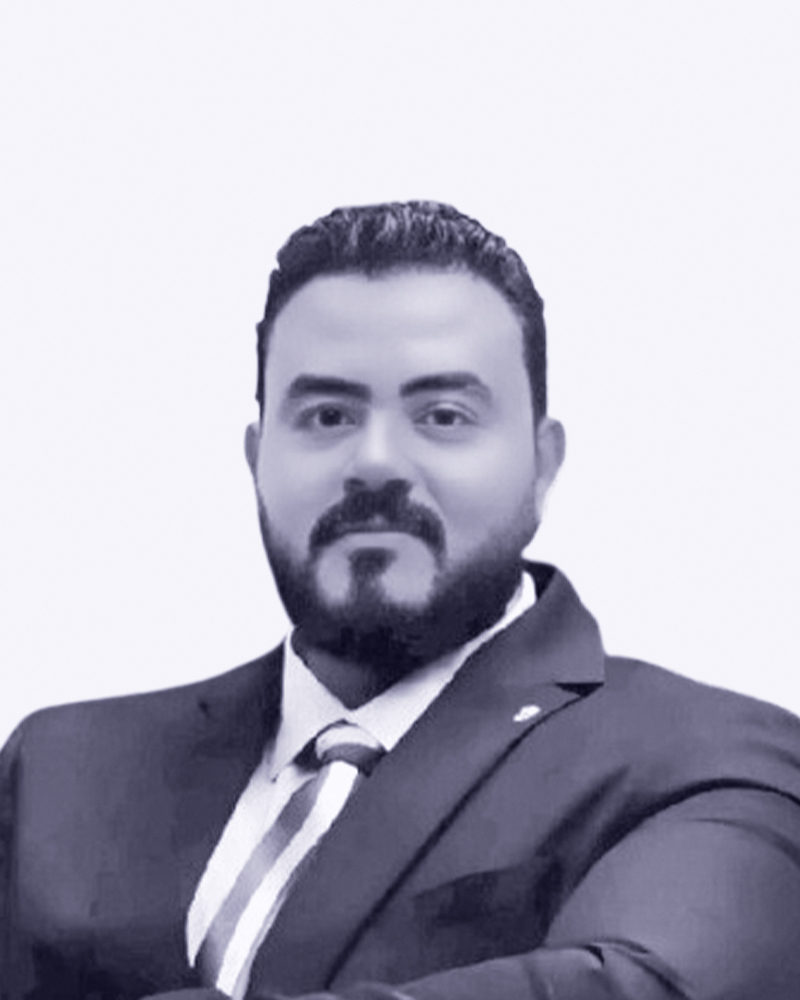
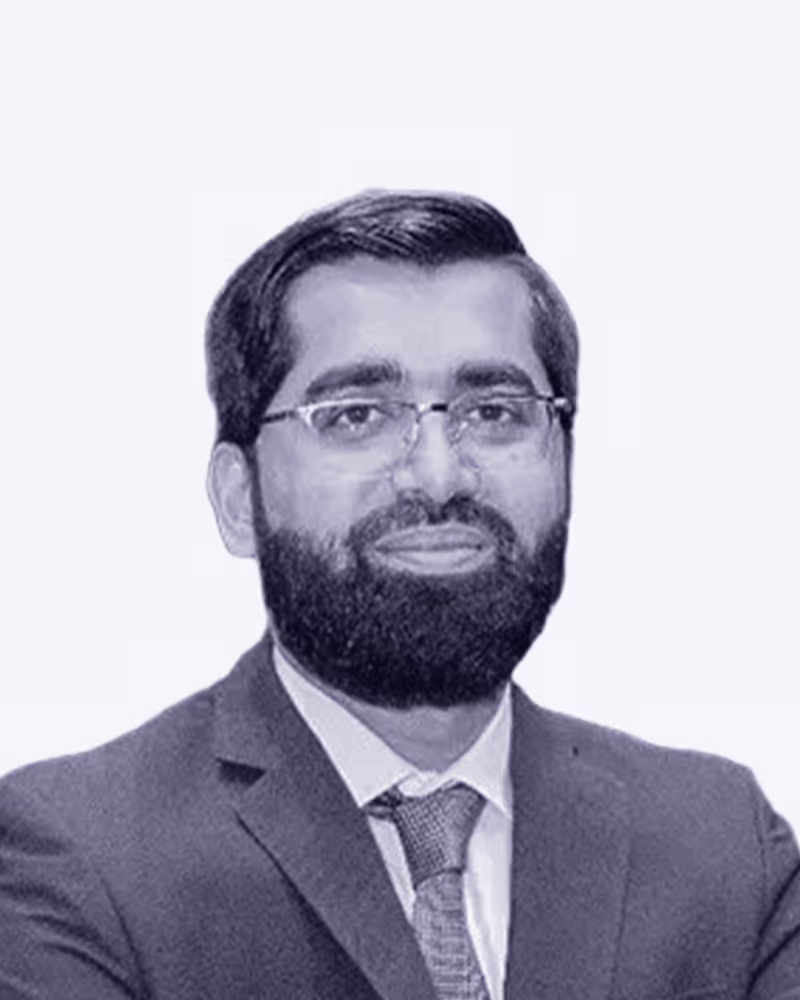

.avif)
